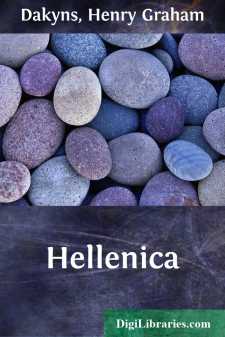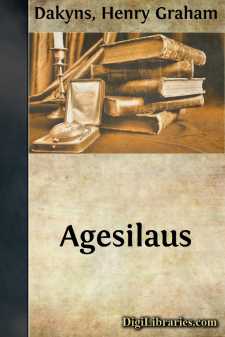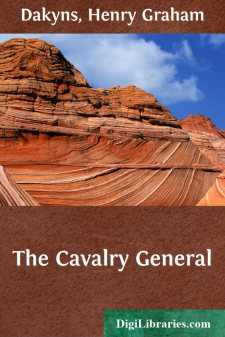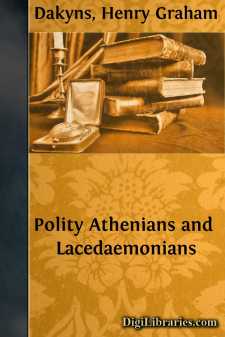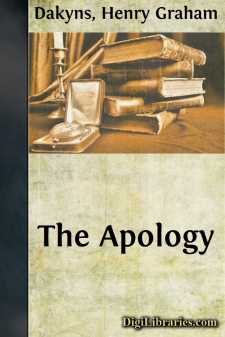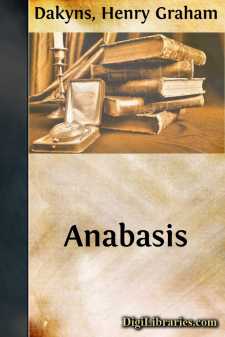Categories
- Antiques & Collectibles 13
- Architecture 36
- Art 48
- Bibles 22
- Biography & Autobiography 813
- Body, Mind & Spirit 142
- Business & Economics 28
- Children's Books 15
- Children's Fiction 12
- Computers 4
- Cooking 94
- Crafts & Hobbies 4
- Drama 346
- Education 46
- Family & Relationships 57
- Fiction 11828
- Games 19
- Gardening 17
- Health & Fitness 34
- History 1377
- House & Home 1
- Humor 147
- Juvenile Fiction 1873
- Juvenile Nonfiction 202
- Language Arts & Disciplines 88
- Law 16
- Literary Collections 686
- Literary Criticism 179
- Mathematics 13
- Medical 41
- Music 40
- Nature 179
- Non-Classifiable 1768
- Performing Arts 7
- Periodicals 1453
- Philosophy 64
- Photography 2
- Poetry 896
- Political Science 203
- Psychology 42
- Reference 154
- Religion 513
- Science 126
- Self-Help 84
- Social Science 81
- Sports & Recreation 34
- Study Aids 3
- Technology & Engineering 59
- Transportation 23
- Travel 463
- True Crime 29
Hiero
Description:
Excerpt
HIERO, or "THE TYRANT"
A Discourse on Despotic Rule
IOnce upon a time Simonides the poet paid a visit to Hiero the "tyrant," (1) and when both obtained the leisure requisite, Simonides began this conversation:
(1) Or, "came to the court of the despotic monarch Hiero." For the
"dramatis personae" see Dr. Holden's Introduction to the "Hieron"
of Xenophon.
Would you be pleased to give me information, Hiero, upon certain matters, as to which it is likely you have greater knowledge than myself? (2)
(2) Or, "would you oblige me by explaining certain matters, as to
which your knowledge naturally transcends my own?"
And pray, what sort of things may those be (answered Hiero), of which I can have greater knowledge than yourself, who are so wise a man?
I know (replied the poet) that you were once a private person, (3) and are now a monarch. It is but likely, therefore, that having tested both conditions, (4) you should know better than myself, wherein the life of the despotic ruler differs from the life of any ordinary person, looking to the sum of joys and sorrows to which flesh is heir.
(3) Or, "a common citizen," "an ordinary mortal," "a private
individual."
(4) Or, "having experienced both lots in life, both forms of
existence."
Would it not be simpler (Hiero replied) if you, on your side, (5) who are still to-day a private person, would refresh my memory by recalling the various circumstances of an ordinary mortal's life? With these before me, (6) I should be better able to describe the points of difference which exist between the one life and the other.
(5) Simonides is still in the chrysalis or grub condition of private
citizenship; he has not broken the shell as yet of ordinary
manhood.
(6) Lit. "in that case, I think I should best be able to point out the
'differentia' of either."
Thus it was that Simonides spoke first: Well then, as to private persons, for my part I observe, (7) or seem to have observed, that we are liable to various pains and pleasures, in the shape of sights, sounds, odours, meats, and drinks, which are conveyed through certain avenues of sense—to wit, the eyes, ears, nostrils, mouth. And there are other pleasures, those named of Aphrodite, of which the channels are well known. While as to degree of heat and cold, things hard and soft, things light and heavy, the sense appealed to here, I venture to believe, is that of the whole body; (8) whereby we discern these opposites, and derive from them now pain, now pleasure. But with regard to things named good and evil, (9) it appears to me that sometimes the mind (or soul) itself is the sole instrument by which we register our pains and pleasures; whilst at other times such pains and pleasures are derived conjointly through both soul and body. (10) There are some pleasures, further, if I may trust my own sensations, which are conveyed in sleep, though how and by what means and when precisely, are matters as to which I am still more conscious of my ignorance. Nor is it to be wondered at perhaps, if the perceptions of waking life in some way strike more clearly on our senses than do those of sleep....



